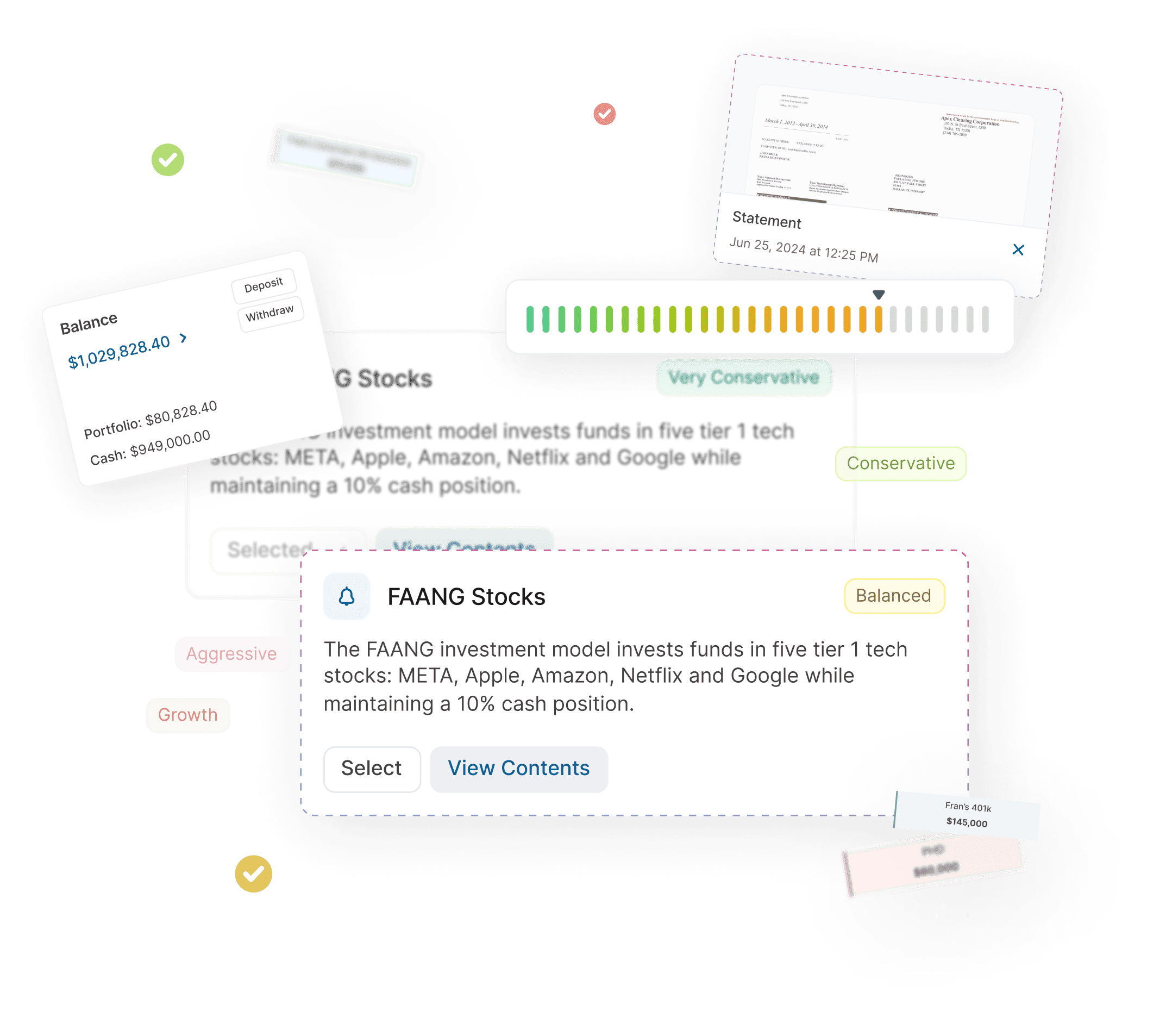10.05.2017

This month we are launching a series of articles talking about why FinTech startups outsource more and more of their tech needs. Being for 15+ years in software development, including software development outsourcing and SaaS, we can clearly see the trend is going up: more and more FinTech startups outsource technology to stay competitive and efficient in the fast paced digital environment. We will start with why and how FinTech startups benefit from outsourcing their tech, continue with pros and cons of technology outsourcing for growing companies, and end with the best practices for outsourcing technology for FinTech firms. So, first let’s talk about startups.
It’s a common thing to hear that FinTech startups must build all of their technology in-house. This makes sense on the surface. As a starting venture you are eager to control all tech and are weary of letting outsourced vendors touch your beautiful code or share your disruptive ideas.
In reality, the practice of keeping technology efforts in-house is actually hurting FinTech startups. In today’s world of tech innovations, it simply doesn’t make economical sense anymore to build most of financial technology from scratch, spending effort on reinventing the wheel. Outsourcing your tech is cheaper, faster, and more reliable for FinTech startups. There is a lot of pre-made white label softwares available on the market now, easy to license on a pay-as-you-go basis.
These outsourced technologies can be used as building LEGOs, letting FinTech startups rearrange the blocks in order to create their own unique products and services. This saves time and effort, allowing new companies to place their focus on user acquisition and business development.

People within the FinTech industry are starting to take notice. For example, as much as 20% of all FinTech startups outsource their technology needs says PwC Global Fintech Report 2017. Further, as many as 65% of the FinTech industry reports that they expect to use outsourcing in the near future.
Finally, Deloitte Global recently published a report noting there is now a multitude of reasons why a FinTech startup should work with outside technology vendors. The three most pressing reasons are as follows:
The bottom line is that outsourcing technology is cheaper than developing the same technology in-house. Think about all the expenses that go into managing a tech team:
And that’s not even to mention the increased costs associated with changes to infrastructure and business processes.
This is why it costs a FinTech startup 35% less to get a white label software rather than using an internal team to build one. In fact, Deloitte reports that 59% of companies outsource technology primarily as a cost-cutting tool. You may not find one that has all the functions you need out-of-the-box, but most of the functions exist already and can be reused or realigned to better fit your needs. Do your research!
The fact is that third party technology companies often have greater expertise and more specialized employees. This allows software outsourcing companies to enable the best practices and thus speed up the time to market when compared to developing technology in-house.
A specialized outsourced technology company will most likely have high-quality pre-built software components such as:
In FinTech outsourcing world often times developers are specifically trained to understand f.ex. online stock trading terminology and logic or accounting terms and math.
Access to such specialized workforce helps FinTech startups to shorten the development period and time to launch. For example, Deloitte reports that outsourcing technology results in as much as a 21% decrease in a product’s time to market.
Flexibility and scalability is key in a startup world. And when FinTech startups outsource they have it. You don’t need to hire extra employees to try out a new framework, you can have on-demand resources like designers and UI/UX specialists which you normally don’t need as a full time employee at least as an early startup and so on.
FinTech startups can quickly scale up and down to meet an important milestone. This isn’t always the case with a full-time staff. The result is that as many as 20% of outsourced technology companies are used to deliver new capabilities.
The best part about working with an outsourced technology company is that the quality of your product increases, along with increases in its speed and flexibility. You actually pay less and get more. Of course, when you pick the right technology partner (which we will discuss later).
Many FinTech outsourcing companies have built award-winning financial apps and software modules for years. They have completed hundreds of projects, used by millions of users. Proven expertise and reliability is an invaluable asset and it would take years and millions for a startup to reach the same level of quality.
Further, the top software vendors provide 24 /7 customer service and a free guarantee if any bugs are found. This helps FinTech companies reduce risks and improve user experiences (UX) by as much as 38%.
Outsourcing technology may be a tricky thing, but if you pick the right partner, using the above facts in mind, it may bring you faster to your goals. Successful FinTech startups outsource most of their technology, instead of building it all alone from scratch.
Moreover, FinTech companies that use outsourced technology companies will easily adapt and evolve to the changing landscape, staying ahead of the competition. And in an industry wrought with disruptive and innovative technology, adaption and evolution result in ultimate success.
Connect to ETNA to learn more about how we help FinTech Startups to launch faster and on the budget
Demo RIA Software
Manage portfolios with advanced rebalancing and real-time insights.
Access customizable client reports and streamlined compliance tools.
Designed for advisors seeking efficient client and portfolio management.


Demo Advanced Trading Platform
Test multi-asset strategies with real-time and historical data.
Analyze market depth, execute complex options, and algorithmic orders.
Ideal for refining strategies and risk management before live trading.


Demo Paper Trading Platform
Practice trading with virtual funds in real market conditions.
Simulate cash, margin, and day-trader accounts to gain experience.
Perfect for honing skills in a risk-free, customizable environment.

